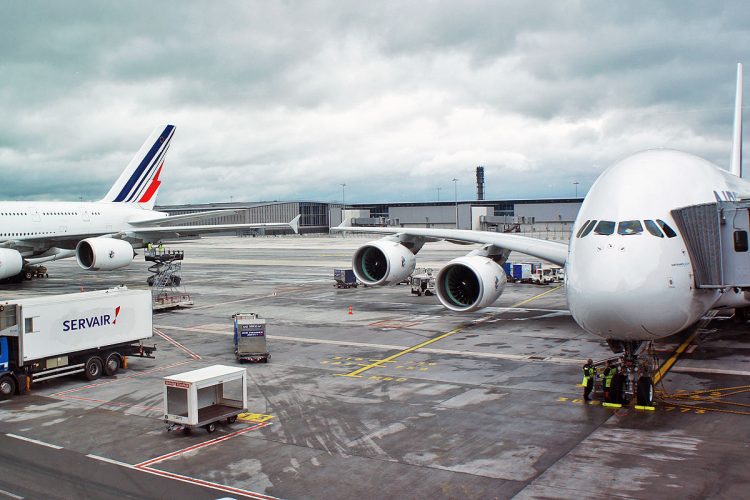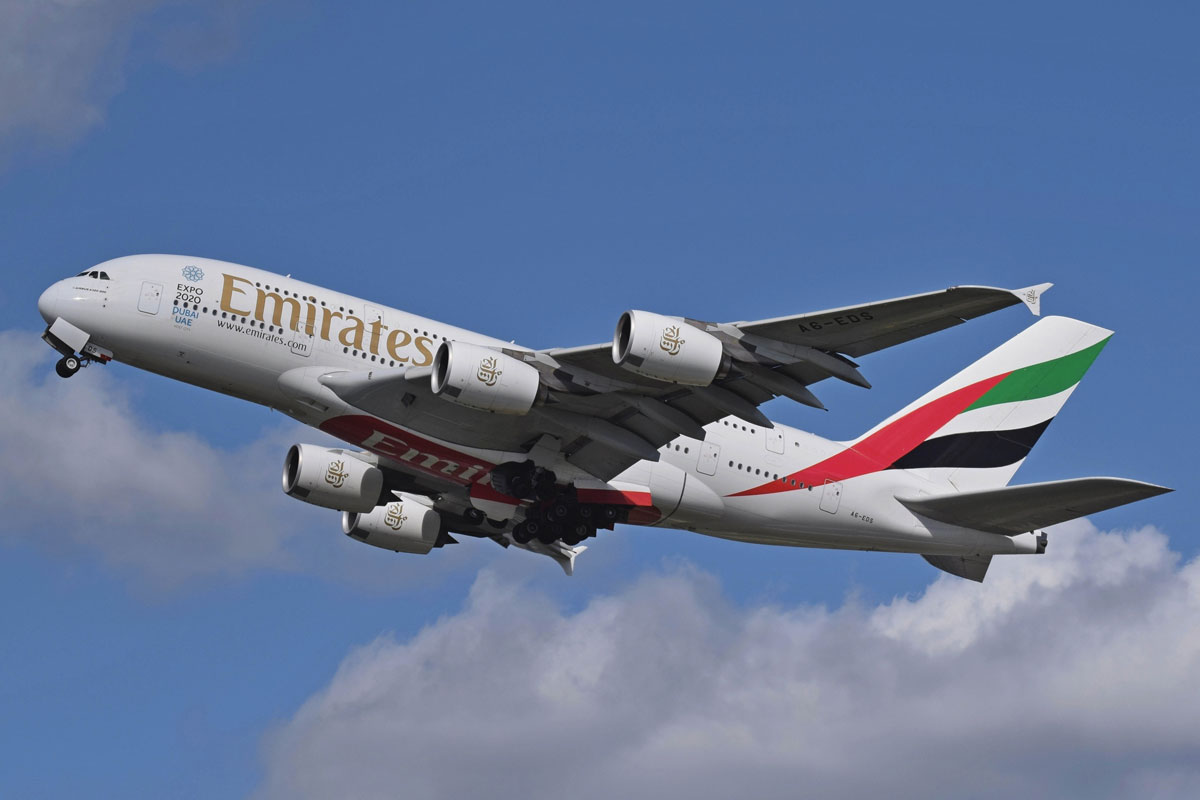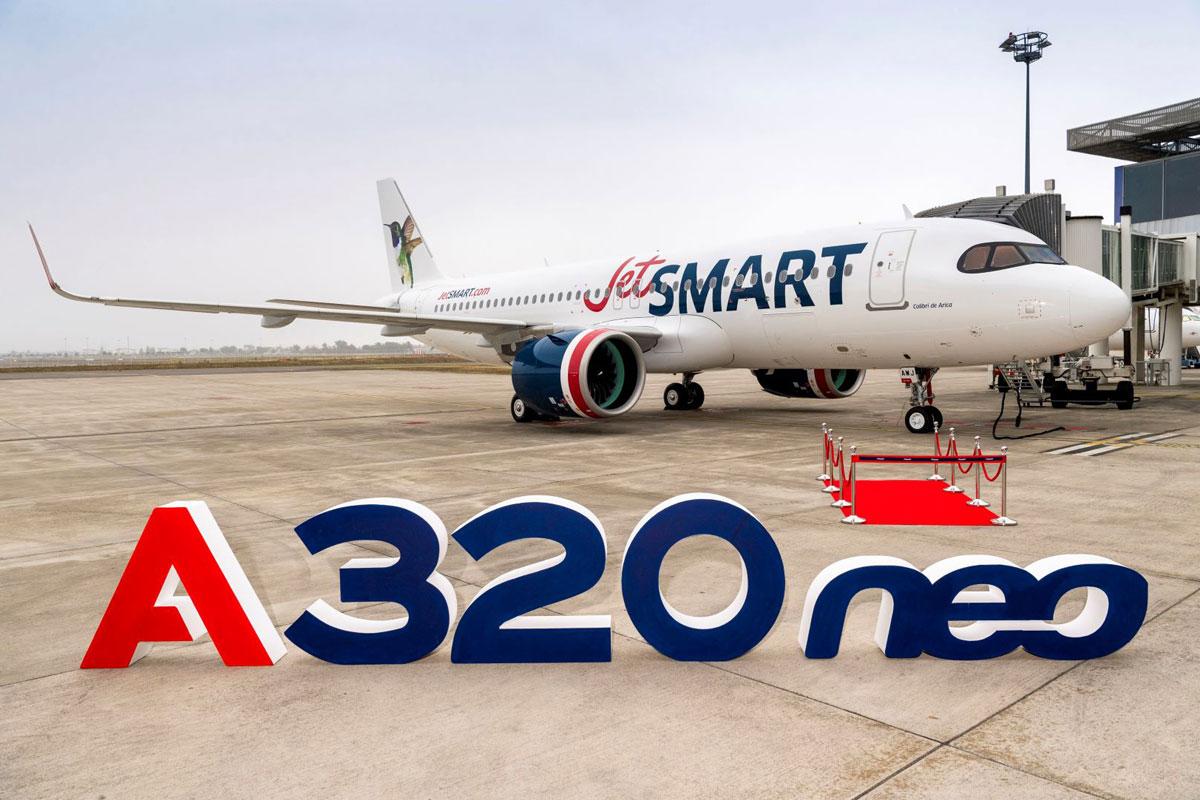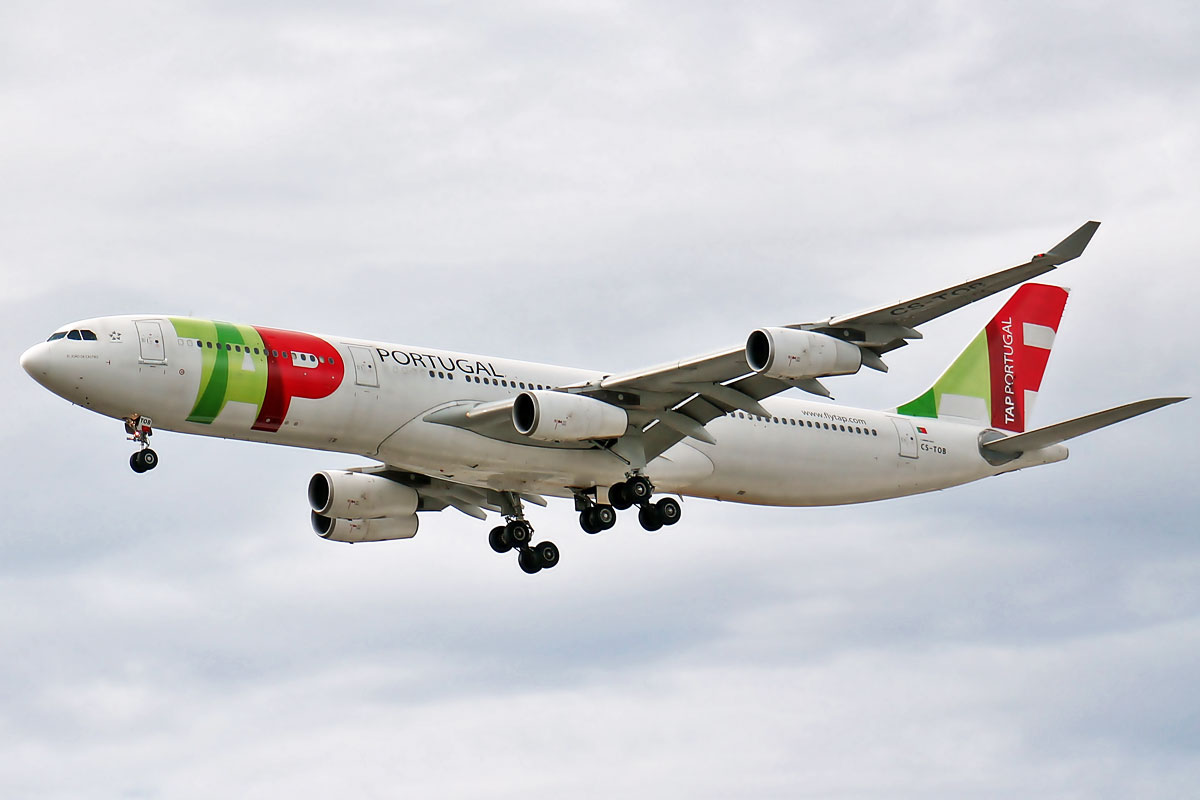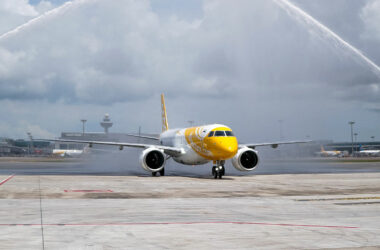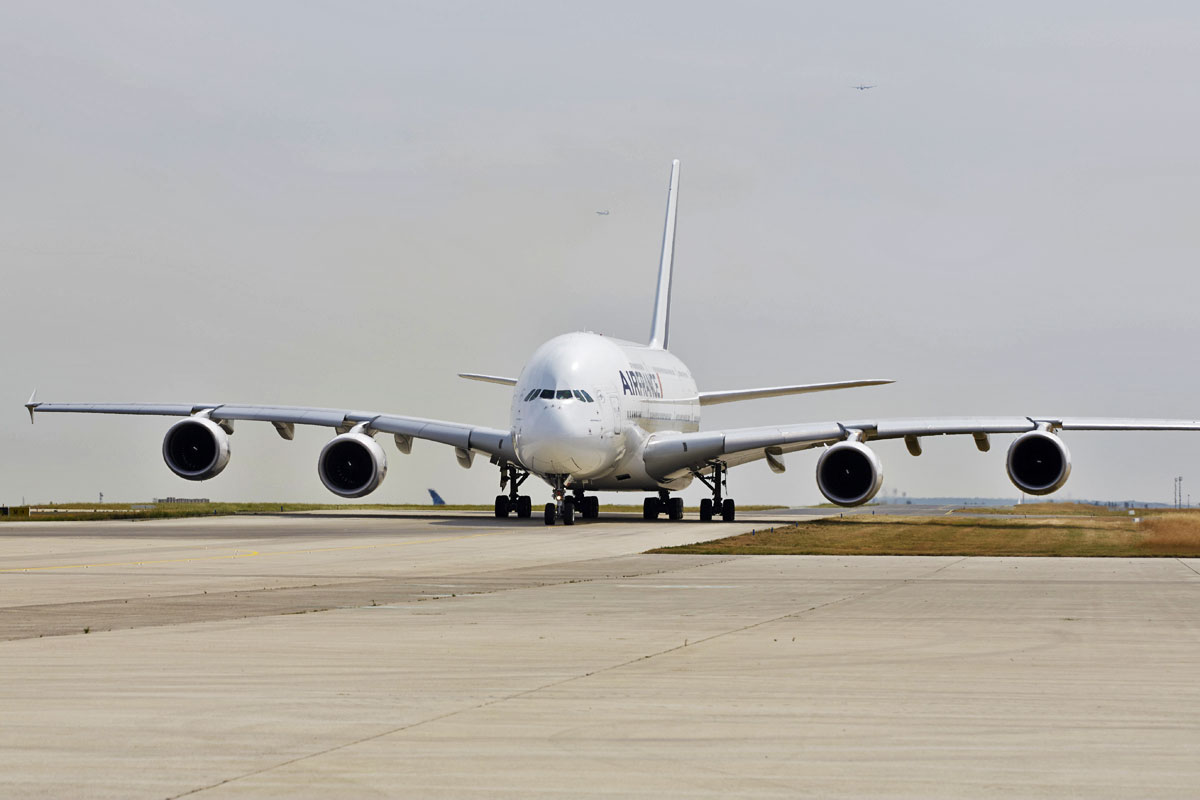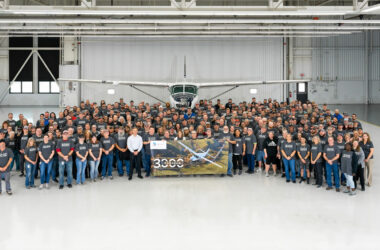The Airbus A380 is a unique aircraft whose future has been cloudy, but its numbers are still impressive. Largest passenger jet in the world, the double-deck aircraft was being operated by 16 airlines last quarter and offered nearly 16 million seats during this period. The data is from the Routes Online.
As it should be, Emirates Airline is the largest jet user. No less than 54% of these seats were offered by it, which is more than the sum of the other 15 airlines.
The Dubai company also has the A380’s largest destinations network with 54 cities served, some of them at more than one airport, such as London. Without it, 37% of the cities now receiving the Airbus plane would no longer see it at their passenger terminals, including Dubai, where its hub is located.
The city airport of the United Arab Emirates operates the A380 most in absolute numbers, but only Emirates lands there. That is, no other airline dares to compete with her on this route.
If not receiving as many jets as Dubai, Paris has the merit of being the city that has received the most A380s from different airlines. There were nine companies last quarter: Emirates, Etihad, Korean Air, Qatar, Singapore, Thai, Air France, and two companies temporarily, Norwegian and Air Madagascar, who provisionally rented the four-engine.
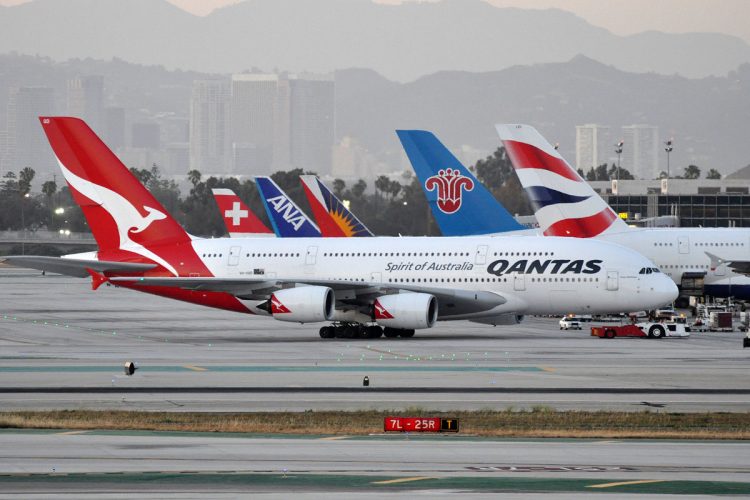
Three other cities receive Airbus from eight different companies, Hong Kong, Los Angeles and New York. Interestingly, they do not have local airlines using the A380. As is well known, the United States has not bought a single aircraft of this model to date as well as the companies Cathay Pacific and EVA Air which opted for smaller aircraft.
If you don’t win by variety, London makes up for quantity. The British capital, which receives flights from seven different companies with the A380, is second in seating, with more than 1 million seats in the third quarter, second only to Dubai.
This scenario, however, is likely to weaken in the coming years as the A380 ceases to be operated by today’s major customers. Certainly the Airbus jet will be flying in the next decade, but with more modest statistics for sure.
